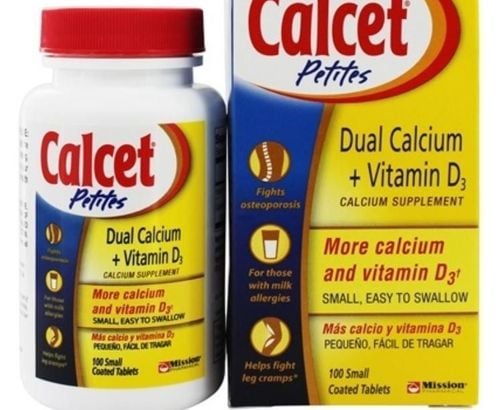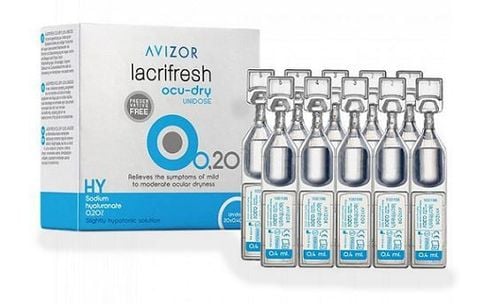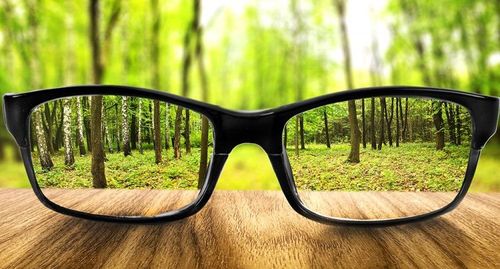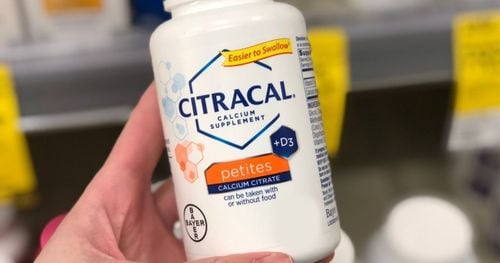This is an automatically translated article.
The article was professionally consulted by Specialist Doctor I Nguyen Thi Bich Nhi - Ophthalmologist - General Surgery Department - Vinmec Nha Trang International General Hospital. The doctor has 10 years of experience in the field of ophthalmology.Some studies show that greater exposure to UVB rays in the sun is associated with a reduced risk of eye disease. So spending time outdoors can reduce myopia - a very common refractive error today?
1. Can spending time outdoors reduce myopia?
Researchers in Europe have suspected that exposure to ultraviolet B (UVB) rays in sunlight may play a role in reducing myopia - a refractive error that prevents people from seeing objects clearly. in the distance.Exposure to more UVB rays annually over a lifetime by spending more time outdoors in sunlight can reduce the incidence of myopia. UVB exposure between the ages of 14 and 29 is likely to help reduce the incidence of myopia in adults.
However research is not done to prove a cause-and-effect link, research only shows it is.
Genetic factors are one of the causes of myopia, but they only account for a very small part of cases of myopia. There are other environmental factors that seem to be driving the increase in myopia, but are still unclear.
In East Asia, nearly 80-90% of children are nearsighted in recent times. But in Europe and America, it's only 40-50%.
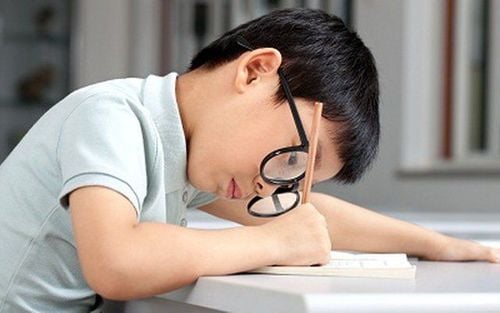
Gần 90% trẻ em bị cận thị tại những nước Đông Á
In another study, researchers from King's College London - London School of Hygiene and Tropical Medicine and several other institutions conducted a study on 371 Europeans with myopia and 2,797 without. myopic. All study participants were 65 years of age or older.
The researchers also calculated the duration of sun exposure, especially UVB exposure, in people aged 14 to 29 years. More educated people are more nearsighted. People who are thought to have been exposed to more UVB rays have a lower incidence of myopia.
So do these studies mean that sun exposure is good for the eyes? UVB rays help the body produce vitamin D. However, the researchers found no link between vitamin D and myopia. That's why the researchers thought there might be something else about being outside that affects myopia risk.
So what happened outdoors? It's possible that exposure to bright light, also known as "visible light," may be a factor in reducing the risk of nearsightedness.
Dr. Donald Mutti, a professor at the Ohio State University School of Optometry, has suggested that brighter light outside stimulates the release of dopamine from the retina, and that dopamine prevents myopia from developing. UVB rays are just one factor to help people spend more time outside in sunlight.
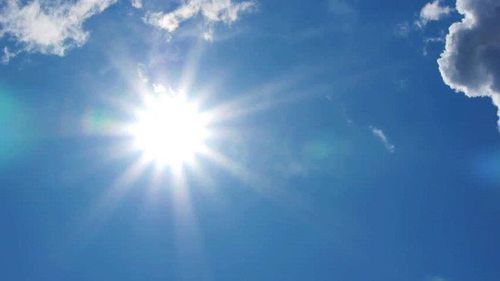
Những người ở ngoài trời nhiều hơn có tỷ lệ bị cận thị ít hơn
However, researchers have shown that being outside only affects myopia before it occurs. As for those who are already nearsighted, and must wear glasses, spending time outside does not work for nearsightedness.
In short, spending time outdoors only reduces the risk of myopia, but cannot reduce the already existing myopia.
2. Ways to reduce myopia
In addition to spending more time outdoors while young, there are ways that people can reduce their risk of nearsightedness, including:Reduce screen time: with eye-to-eye distance of 25 cm (10 inches) and prolonged use of more than 45 minutes may cause eye strain and worsen nearsightedness. Taking regular breaks to look around will help reduce the risk of nearsightedness. Adjust your computer monitor settings: set the resolution on your computer to the highest setting and adjust the brightness and contrast until your eyes are comfortable looking at it. Avoid reading in a dimly-lit room: reading or working in a dimly-lit room will make your eyes tired and more likely to be nearsighted. Eat healthy foods for good eyesight: A diet rich in vitamins and minerals can help improve your overall health and help protect your vision. Some foods you can choose from are green vegetables, eggs, carrots, berries, citrus, nuts, fish and beef. Eat at least one serving of omega-3 fatty acids, vitamin A, vitamin C, and vitamin E each day. If you have a need for consultation and examination at the Hospitals of the national health system, please book an appointment on the website for service.
Please dial HOTLINE for more information or register for an appointment HERE. Download MyVinmec app to make appointments faster and to manage your bookings easily.
Article reference source: webmd.com




